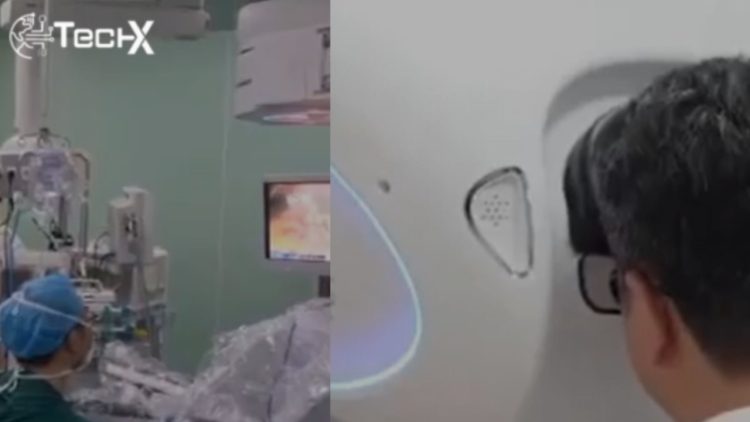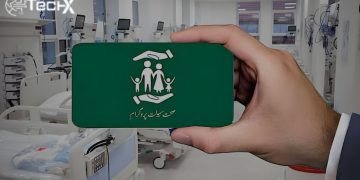Dr. Arshad Abro from Liaquat University of Medical & Health Sciences (LUMHS) in Sindh has made history. He performed a remote robotic surgery on a cancer patient in Shanghai while controlling the procedure from Dubai. This innovative approach, called “telesurgery,” uses robotic instruments, high-speed internet, and real-time visuals to operate on patients from thousands of miles away.
A Cross-Border Surgical Milestone
The surgery was remarkable for its international collaboration. A Pakistani doctor in the UAE treated a patient in China, showcasing seamless medical cooperation across three countries. This achievement highlights the potential of telesurgery to bridge geographical gaps, allowing specialists to assist patients worldwide without physical presence. It also demonstrates Pakistan’s growing role in global medical innovation.
The Technology Behind Telesurgery
Telesurgery relies on advanced robotics and ultra-fast internet connections. Surgeons control robotic arms with precision, while real-time visuals ensure accuracy. This technology minimizes delays, making remote operations as safe as traditional methods. Dr. Abro’s success proves that developing nations like Pakistan can lead in cutting-edge medical advancements, given the right tools and expertise.
Also Read: After Islamabad, Donkey Meat Seized in Another City
A Boost for Pakistan’s Medical Community
Dr. Abro’s achievement is a proud moment for Pakistan’s healthcare sector. It shows that local talent can compete globally in medical innovation. LUMHS and Sindh have gained recognition, inspiring future doctors to pursue excellence. This success may encourage more investment in telemedicine, strengthening Pakistan’s healthcare infrastructure and expanding access to specialized treatments.
Future Implications for Global Healthcare
This breakthrough opens doors for remote surgeries in underserved regions. Patients in rural or conflict-affected areas could receive life-saving treatments without traveling long distances. Telesurgery reduces risks and costs, making advanced healthcare more accessible. Dr. Abro’s work sets a precedent for future collaborations, where distance no longer limits medical care.
A Moment of National Pride
Beyond medical advancements, this achievement is a source of pride for Pakistan. It showcases the country’s potential in technology and healthcare. Dr. Abro’s success highlights the importance of nurturing talent and investing in research. As telemedicine evolves, Pakistan can play a key role in shaping the future of global healthcare, proving that innovation knows no borders.
















